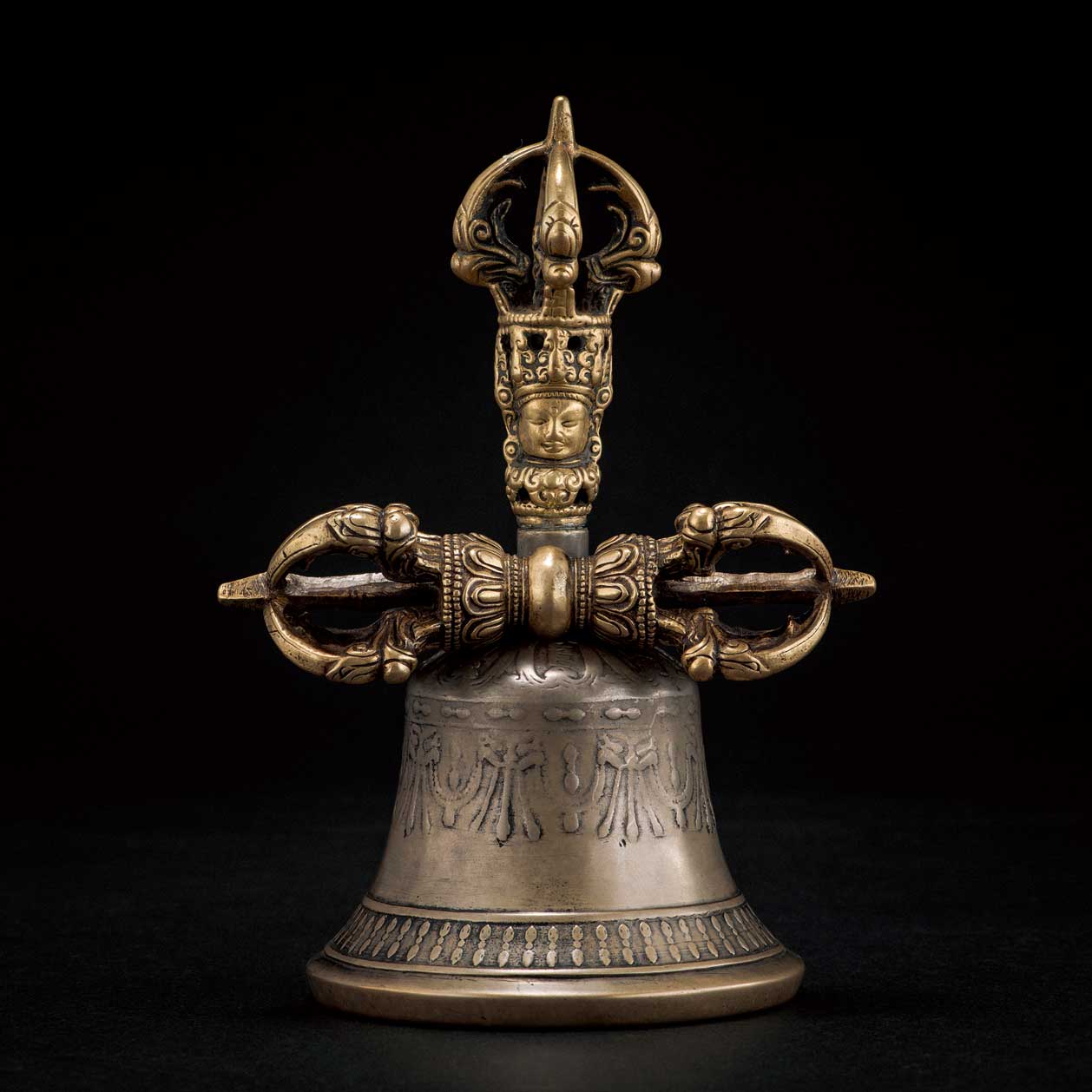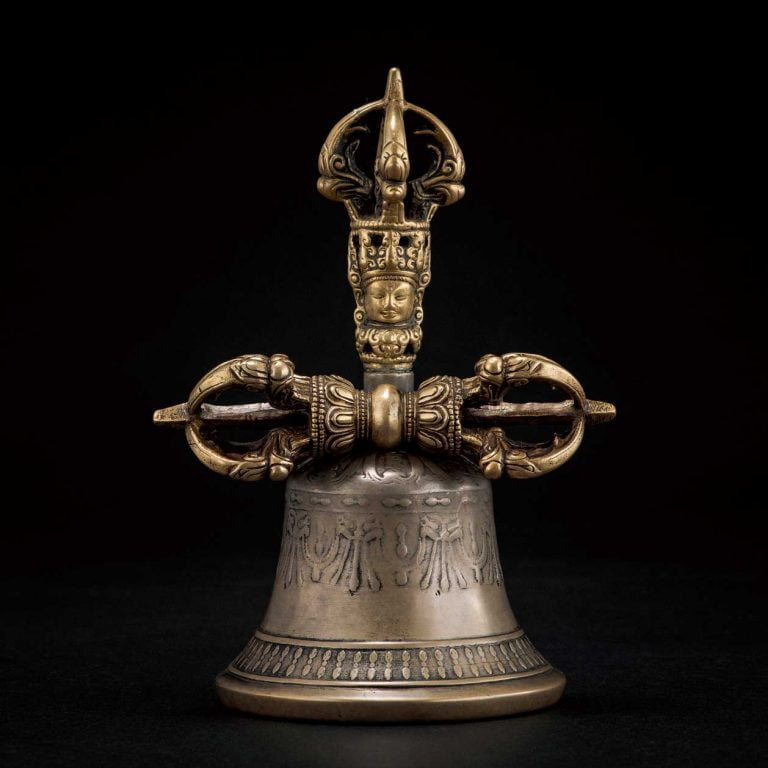The Lotus Sutra states, “All Buddhas appear in the world solely because of the one great matter of the cause and condition, which is to solve the problem of birth and death for sentient beings.” The purpose of Shakyamuni Buddha’s preaching for over 49 years and over 300 sutra recitations was to help sentient beings realize enlightenment, be freed from suffering, and attain Buddhahood. The goal of studying the sutras and practicing Buddhism, including reciting sutras, mindfulness of Buddha, upholding the Five Precepts and Ten Virtues, and practicing the Six Perfections and the ten thousand conducts, is also to attain enlightenment, be freed from suffering, and attain Buddhahood.
The realization of enlightenment and freedom from suffering are two aspects of the same problem. The pursuit of truth belongs to the aspect of understanding, while practicing the Noble Path belongs to the aspect of action. However, if one realizes the Noble Path through seeking truth, one will naturally be freed from suffering, and if one is freed from suffering through practicing the Noble Path, one will naturally realize enlightenment. Therefore, the realization of enlightenment and freedom from suffering are still one goal with two aspects.
What is meant by “delusion”? It refers to being ignorant of the truth of the universe and life, and being attached to subjective illusions. The truth of the universe and life is that “all things in the world are impermanent, the country is fragile, the four elements are empty, and the five aggregates are without self.” However, we are accustomed to clinging to subjective illusions and mistaking the impermanent phenomena of birth and death as permanent, and the body and mind that result from the combination of the five aggregates as the true self. All of this is called delusion.
Delusion can be categorized into delusion of theory and delusion of practice. Delusion of theory refers to clinging to various views such as clinging to the body, the edge, the evil, the precepts, and the views. Delusion of practice refers to the various hindrances of greed, hatred, ignorance, arrogance, and doubt. The former is called views hindrance, and the latter is called thinking hindrance. The two hindrances together are called the ten fetters that obstruct enlightenment.
Body view is clinging to the five aggregates as one’s own, and to external phenomena as one’s own. Edge view refers to clinging to annihilation after death, or to clinging to permanence and immutability, both of which are partial views, not the Middle Way. Evil view is slanderous and denies the law of causality. Precepts view is clinging to precepts that are contrary to reason, clinging to the idea that they lead to the enjoyment of heavenly pleasure, and involves unnecessary hardship. Views view is the attachment to the ultimate truth by taking one or more of the remaining four views as the ultimate truth.
Greed, hatred, and ignorance have been mentioned many times in the text and will not be elaborated on further. Arrogance refers to holding oneself above others, thinking that one is superior to others. Doubt means hesitation and indecision regarding the truth of reality.
All the views of the body, the edge, the evil, the precepts, and the views, as well as the hindrances of greed, hatred, ignorance, arrogance, and doubt, are all delusions. Those who seek enlightenment through Buddhism must first eliminate delusion. Only by eliminating delusion can one realize the truth, remove the illusions and attachments in our mind, and reveal our true nature.
When our minds are confused, we create karma due to that confusion. With karma, suffering arises. Therefore, confusion is equivalent to suffering. Regarding suffering, there are many forms such as birth, aging, illness, death, separation from loved ones, animosity with enemies, unfulfilled desires, the dominance of the five aggregates, as well as internal and external sufferings, which are difficult to fully describe. In short, “to exist is to suffer”. All feelings can be considered suffering.
Suffering is inherent in life and cannot be avoided. To escape suffering, one must first eliminate negative karma by directing their body, speech, and mind towards virtue. To eliminate negative karma, one must first eliminate confusion. Eliminating confusion means transforming ignorance into enlightenment. After attaining enlightenment, one can escape suffering and attain happiness. Ultimately, the purpose of practicing Buddhism is to attain the goal of “transforming ignorance into enlightenment, and escaping suffering to attain happiness” and become a Buddha. However, there are methods and ways to practice Buddhism, and one must follow them to



